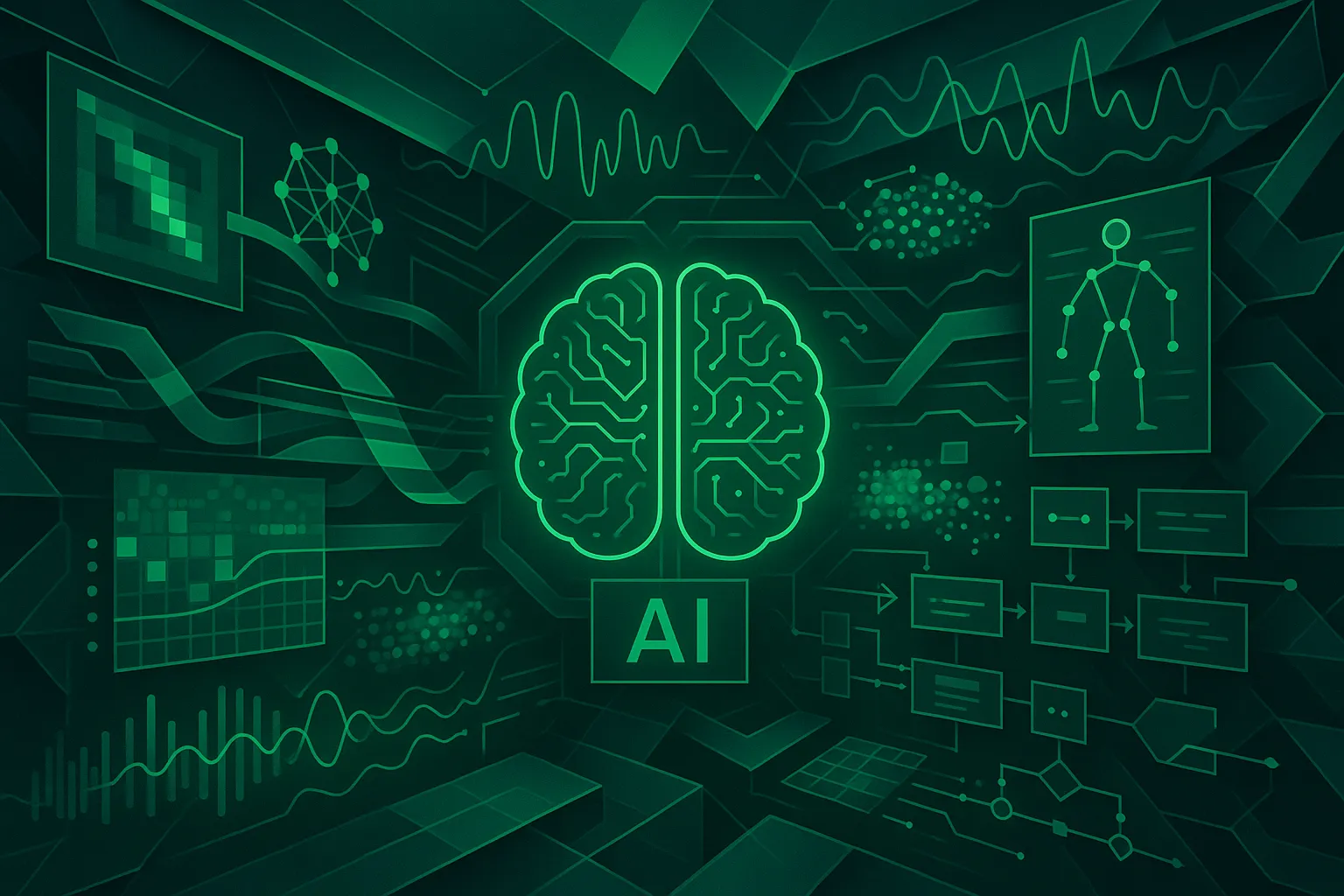
2025-05-29T04:00:00+00:00
Generative AI is not merely a technical advancement; it is a transformative leap enabling machines to engage in creative processes, breaking new ground in how content is conceived. Notable for crafting skilful text, captivating images, and resonant audio, this technology has swiftly entrenched itself in modern innovation’s core. From spellbinding art to disruptive advancements, Generative AI redefines AI’s role in our everyday realities.
Unlike conventional AI, Generative AI creates new content rather than merely interrogating existing data. Significant platforms like OpenAI's ChatGPT and Google's Gemini serve as prime examples of AI's capabilities; they employ advanced machine-learning algorithms to evolve human-computer interaction. These platforms can draft creative narratives, simulate human-like conversations, and even compose music by leveraging vast datasets for comprehensive learning and output creation.
Generative AI operates on sophisticated architectures like transformers and large language models (LLMs). These mechanisms capture and learn intricate data patterns through vector space encodings, which AI then creatively extrapolates into new content. For example, AI can generate new, realistic artwork after being trained on millions of paintings. This human-mimetic creative capability stems from iterative training that mimics human cognition — prediction and feedback loops refining AI outputs over time.
Generative AI permeates industries with novel applications, yielding immense benefits. In healthcare, AI aids in drug discovery, accelerating breakthroughs by predicting molecular interactions. Its impact on automotive design streamlines manufacturing by innovating prototype efficiency. Similarly, in entertainment, AI generates scripts and virtual realities, enhancing digital storytelling horizons.
In business realms such as customer service, automated AI interfaces enhance engagement, while in marketing, AI tailors advertising strategies with unprecedented precision. Yet, amid this innovation, addressing ethical concerns like bias reduction and privacy is vital.
Generative AI beckons an expansive future, where its integration augments productivity, creative exploration, and economic growth. By 2025, more industries are anticipated to harness its potential, demanding a cautious approach to ethical and technical challenges. As debates around AI consciousness underline the significance of responsible development, fostering robust, ethical usage standards will be crucial in ensuring AI complements societal advancement.
What could Generative AI transform next in our world? As you consider this question, think about the possibilities in your field. Engaging with this technology could unlock new potentialities, setting the stage for continued exploration of uncharted territories in AI-driven innovation.